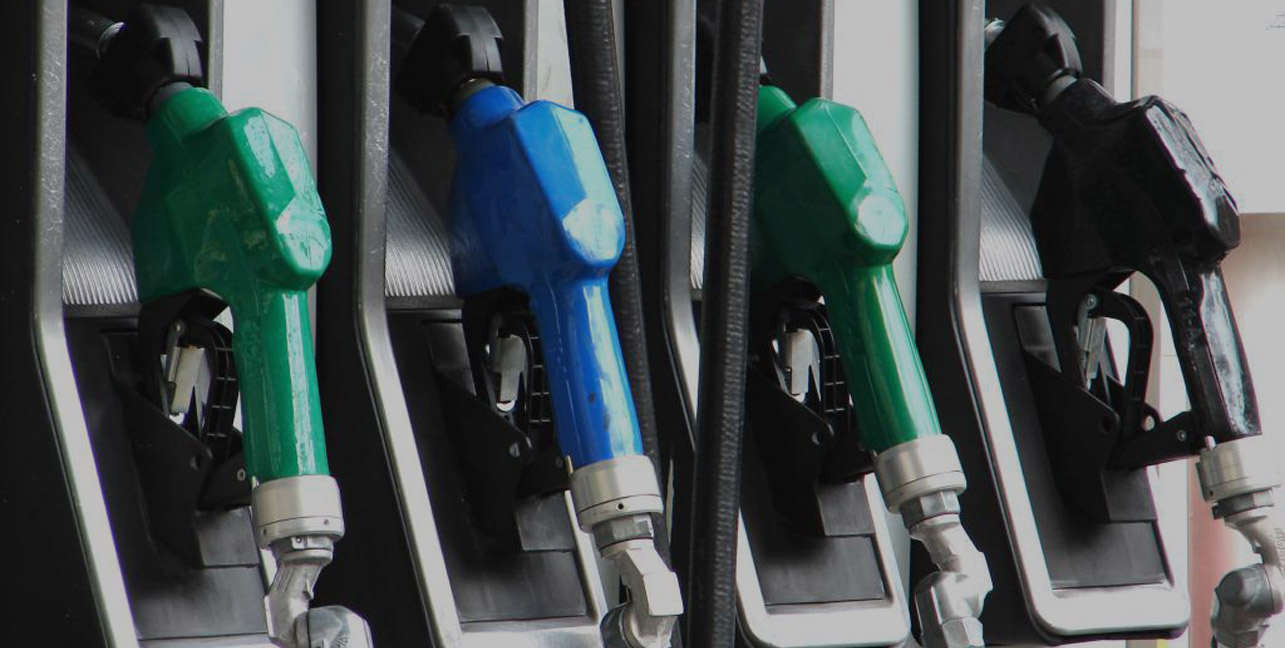Fuel Choices for Pressure Washers: What You Need to Know
Posted by American Pressure Inc on 26th Sep 2025
When it comes to pressure washers, fuel choices can feel more confusing than they should be. Contractors and construction crews often face the question: Should I go with gas, diesel, electric, or propane? The answer isn’t always straightforward, since each option has its own advantages and drawbacks. Making the right decision depends on the job site, the cleaning demands, and the overall workflow of your business.
Why Fuel Choice Matters
The type of fuel powering your pressure washer has a direct impact on performance, efficiency, and long-term costs. Fuel choice affects not only the power output but also mobility, maintenance schedules, and safety considerations. For contractors, choosing the wrong fuel type can mean downtime on the job, higher operating expenses, or limitations when working in certain environments.
Gas-Powered Pressure Washers
Gas-powered pressure washers are one of the most common choices in construction and industrial cleaning. They provide strong power and complete portability, making them well-suited for outdoor job sites without reliable access to electricity. However, they require regular maintenance like oil changes and filter replacements, and they produce emissions that make them unsafe for indoor use. Gasoline is widely available, which makes these units a convenient option for many contractors who value flexibility and raw power.
Diesel-Powered Pressure Washers
Diesel-powered pressure washers are known for their durability and efficiency, especially on demanding construction projects. Diesel engines often last longer than gas-powered models and perform better under continuous, heavy-duty use. They are more fuel-efficient in the long run, which can save money for contractors putting in long hours. On the downside, diesel units tend to be heavier and more expensive upfront, and their emissions make them a poor choice for indoor work.
Electric Pressure Washers
Electric pressure washers are quieter, require less maintenance, and can be safely used indoors. They are ideal for contractors who work in settings where emissions are a concern, such as warehouses, factories, or enclosed construction areas. The tradeoff is mobility, as electric units require access to power, which isn’t always available on remote or outdoor job sites. They also generally produce lower PSI and GPM compared to gas and diesel models, which can make them less suitable for heavy-duty construction cleaning.
Propane-Powered Pressure Washers
Propane is a less common but valuable option for pressure washers. These units burn cleaner than gas or diesel, making them safer for use in ventilated indoor areas. They allow for quick refueling by swapping out tanks, which can save time on busy job sites. For contractors who need a balance between lower emissions and portability, propane can be a solid choice. However, propane isn’t as widely available as gas or diesel, and contractors must consider safe storage and handling for tanks.
How to Choose the Right Fuel for Your Pressure Washer
There isn’t a one-size-fits-all answer, but contractors should think about three main factors when deciding on a fuel type:
-
Job Site Conditions: Are you working indoors, outdoors, or a mix of both?
-
Workload Demands: How much PSI and GPM do your projects require?
-
Budget and Maintenance: Are you prioritizing upfront cost or long-term efficiency?
For example, construction crews handling outdoor heavy-duty cleaning often lean toward gas or diesel, while contractors who need indoor cleaning solutions may find electric or propane a better fit.
Choosing the right fuel for your pressure washer is about balancing convenience, performance, and long-term costs. Gas and diesel dominate outdoor and heavy-duty applications, electric shines indoors and in controlled settings, and propane offers a middle ground for those looking for cleaner-burning fuel with decent power. By weighing the strengths and limitations of each fuel type, contractors can make smarter decisions that keep their operations efficient, cost-effective, and adaptable to any job site.
FAQs About Fuel Choices for Pressure Washers
- Can you use a gas pressure washer indoors?
No. Gas-powered pressure washers produce carbon monoxide, which is dangerous in enclosed spaces. For indoor work, electric or properly ventilated propane units are much safer. - What’s the most fuel-efficient pressure washer option?
Diesel pressure washers are typically more fuel-efficient than gas models, especially for long-term or heavy-duty use. Electric models don’t use fuel at all, but they are limited by power access. - Which fuel type provides the most power?
Gas and diesel units generally deliver the highest PSI and GPM, making them the best choice for heavy-duty construction projects that require stripping, blasting, or cleaning large equipment. - Is propane a good alternative to gas or diesel?
Yes, propane can be a good choice for contractors who need lower emissions and quick refueling. However, propane isn’t as widely available as gasoline or diesel, so it works best for crews who already have a reliable supply system in place. - Do electric pressure washers last as long as gas or diesel models?
Electric units usually require less maintenance and can last a long time in the right environment. However, they don’t offer the same durability or power output as heavy-duty gas or diesel models used on construction sites.
Still unsure which fuel option is right for your pressure washer? Reach out today for expert guidance tailored to your business needs. Call us at 763-521-4442 and connect with a professional who can help you right away.

